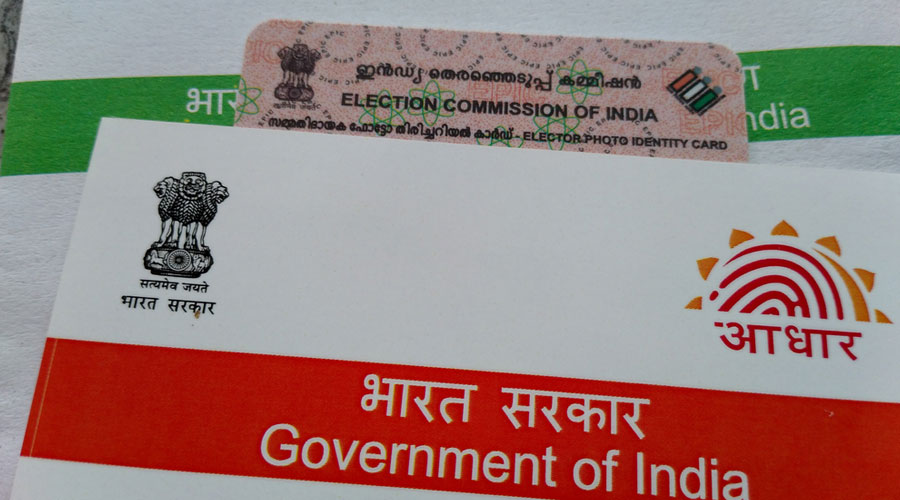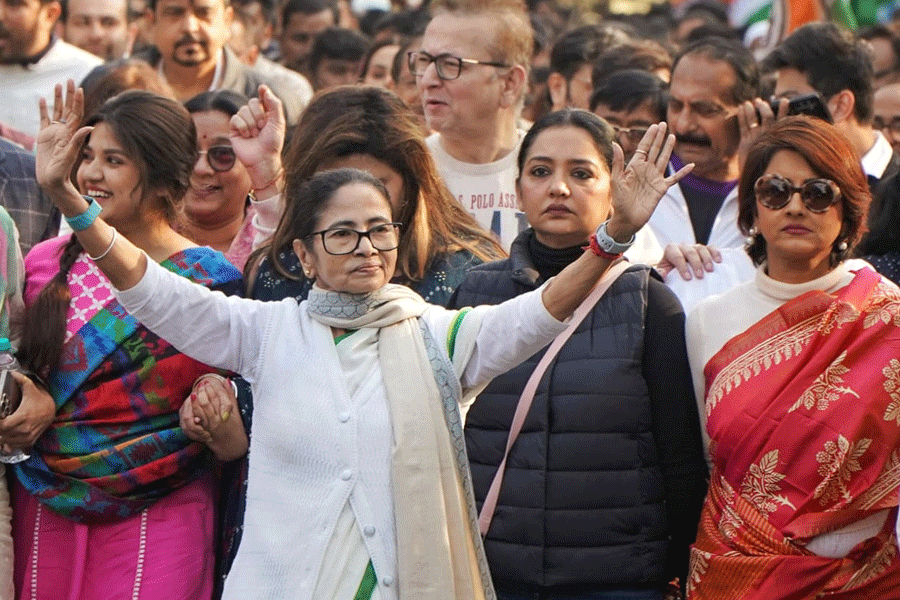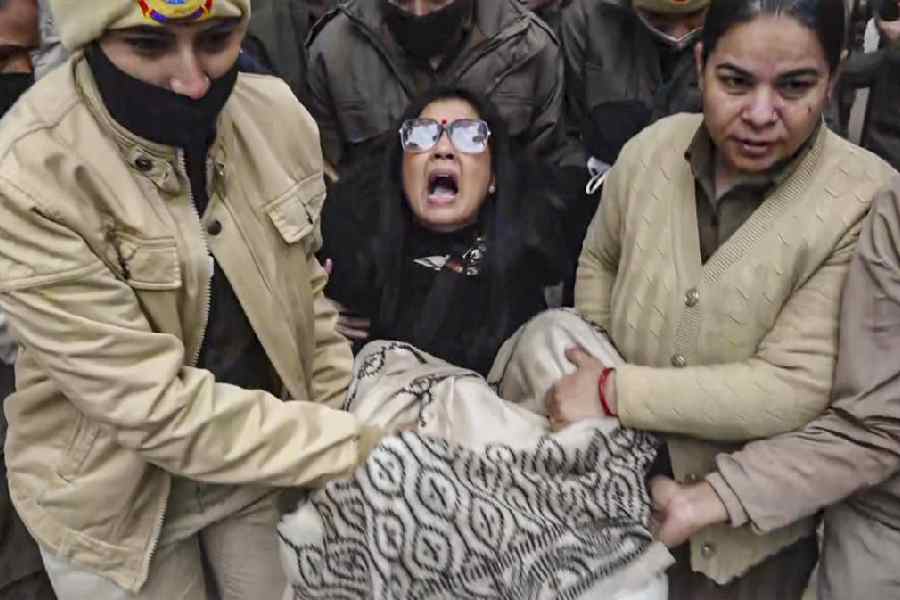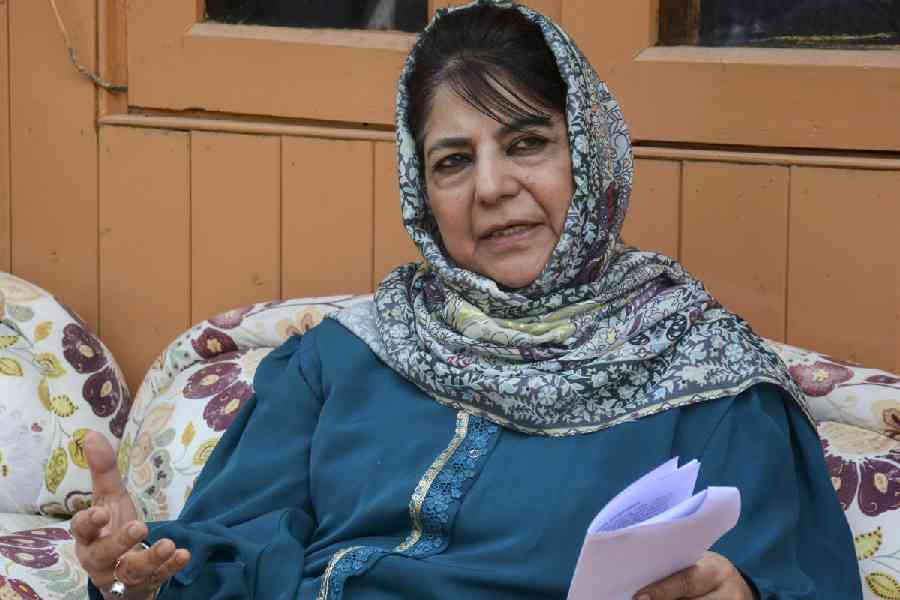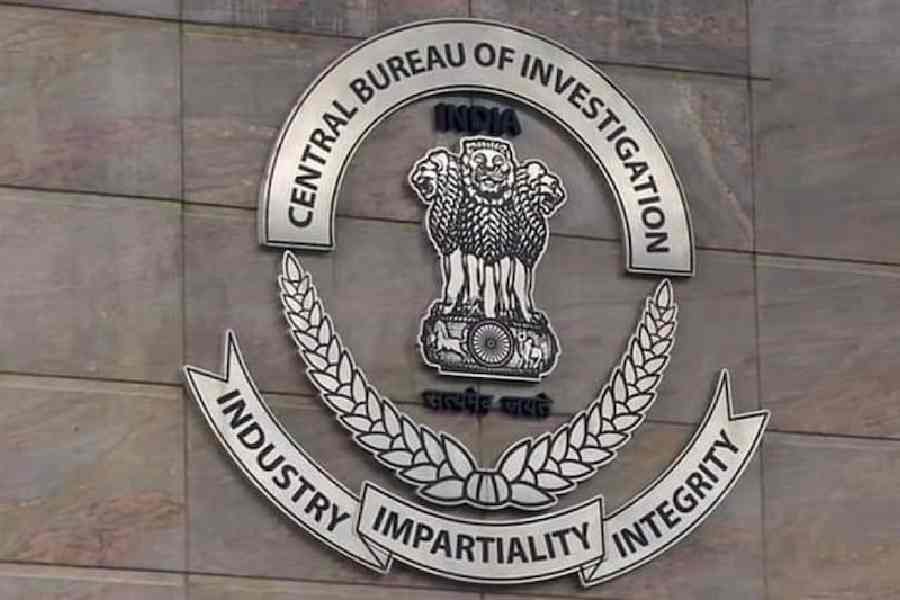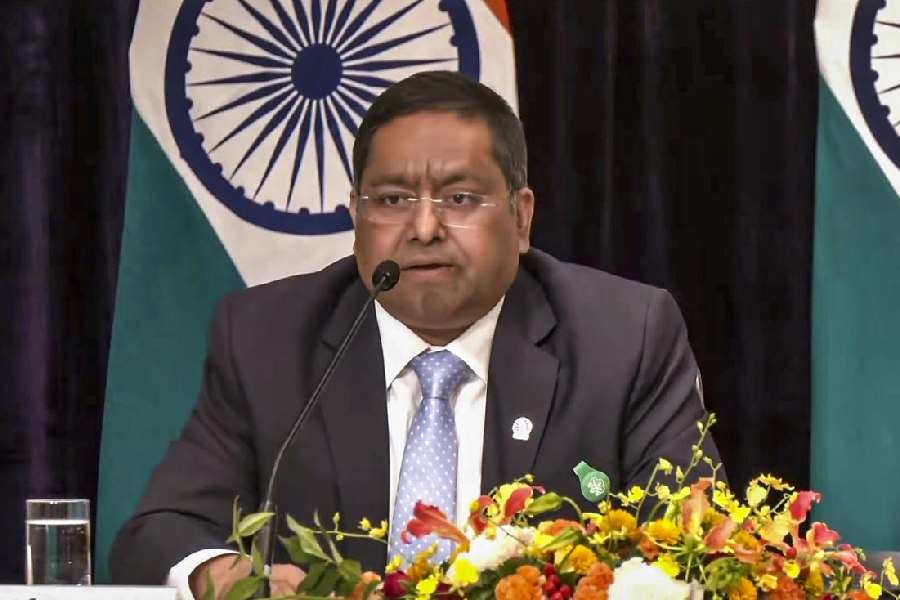A nationwide drive to urge voters to voluntarily give their Aadhaar numbers to polling officials is set to begin on Monday.
The Election Laws (Amendment) Act passed last year allows poll authorities to ask people to share their Aadhaar numbers — aimed at weeding out duplicate entries of voters. However sub-section 23(6) of the amended Representation of the People Act, 1950, decrees that no legitimate voter can be excluded if they can provide “sufficient cause” for their inability to furnish Aadhaar and shares alternative documents instead.
Linking Aadhaar to the voter list is a decade-old idea that was put into practice by the National Electoral Roll Purification and Authentication Programme in 2015.
This was stalled by the Supreme Court the same year.The apex court is currently hearing a plea by the Congress’s Randeep Surjewala challenging the amendments. Many Opposition parties, the Internet Freedom Foundation (IFF) and a group of former civil servants and experts who published a report on elections last year have opposed the linking.
They have cited the deletion of at least 30 lakh names in Andhra Pradesh and Telangana relying on Aadhaar, and not the mandatory in-person verification.
A statement by eminent citizens in 2019 said: “Linking of Aadhaar number with voter ID would effectively be an exercise involving significant public expense and yielding no benefit whatsoever in determining the genuineness of voters. On the contrary, many Aadhaar IDs have been found with non-nationals. Taking into account the many cases of blatantly incorrect enrolments, leave aside fakes, linking Aadhaar with the electoral roll would weaken and contaminate the Indian electoral system. It would undermine the integrity of the Indian election process and harm the functioning of democracy."
Citing several complaints regarding the leak of data, the IFF reacted to the passing of the amendments, saying: “The recent Election Laws (Amendment) Bill, 2021, controversially passed in December, which attempts to link Aadhaar with the electoral roll data, broadens the possibility of election manipulation through voter profiling and targeting, predicting voting trends and choices, deleting inconvenient voters from the electoral roll and sending bulk messages to prospective voters. The rise of cybersecurity threats around government websites stresses the need for data security and cyber safety training.”
In a media release last week the EC had said: “It has been emphasised that while handling Aadhaar number of the applicants, the provision under Section 37 of the Aadhaar (Targeted Delivery of Financial and other Subsidies, Benefits and Services) Act, 2016, must be adhered to.
Under no circumstances should it go public. If the electors’ information is required to (be) put for public display, the Aadhaar details must be removed or masked.”The EC added: “In repeated/multiple entries reported by individual citizens, BLAs (booth-level agents) of political parties or RWA (residents’ welfare association) representatives, field verification is mandatorily done in each and every case.
Name of the elector would be deleted in the electoral roll only at the place where he/she is not found to be ordinarily residing.”A new form 6B is available on several EC websites, including the National Voters Service Portal, for online or offline submission.
It is not compulsory for a voter to authenticate his or her submission with an OTP as the EC recognises that demographic details may differ in the Aadhaar database. The option of authentication, however, remains. Officials would visit homes and also hold camps to collect this data.Para 5.2 of the EC’s letter to chief electoral officers on July 4 says that if a voter doesn’t have an Aadhaar, he or she may be asked to submit any of the 11 alternative documents in form 6B. These include passport, driving licence and permanent account number (PAN).

